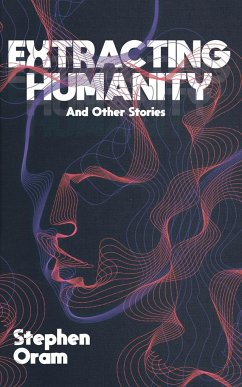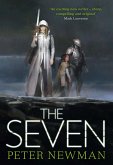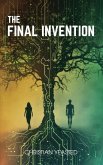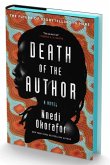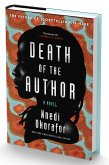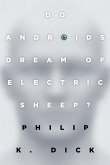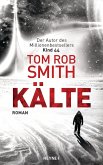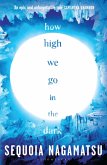In this remarkably perceptive collection, Stephen Oram blends cutting-edge science and tech with everyday emotions and values to create 20 thought experiments with heart. Extracting Humanity is a skilful exploration of smart currencies, memorials, medical care, treatment of refugees, social networks, data monitoring, and justice systems. Always without prescription or reprimand, these stories are simply the beginning of the conversation. From an eerie haptic suit that Tommy must call Father, to a protective, nutritious bubble that allows Feng Mian to survive on a colonised Moon; from tattoos that will earn their wearers a mini-break in a sensory chamber, to Harrie anxiously awaiting AI feedback on her unborn child... These startling, diverse narratives map all-too-real possibilities for our future and the things that might ultimately divide or unite us.
Bitte wählen Sie Ihr Anliegen aus.
Rechnungen
Retourenschein anfordern
Bestellstatus
Storno

